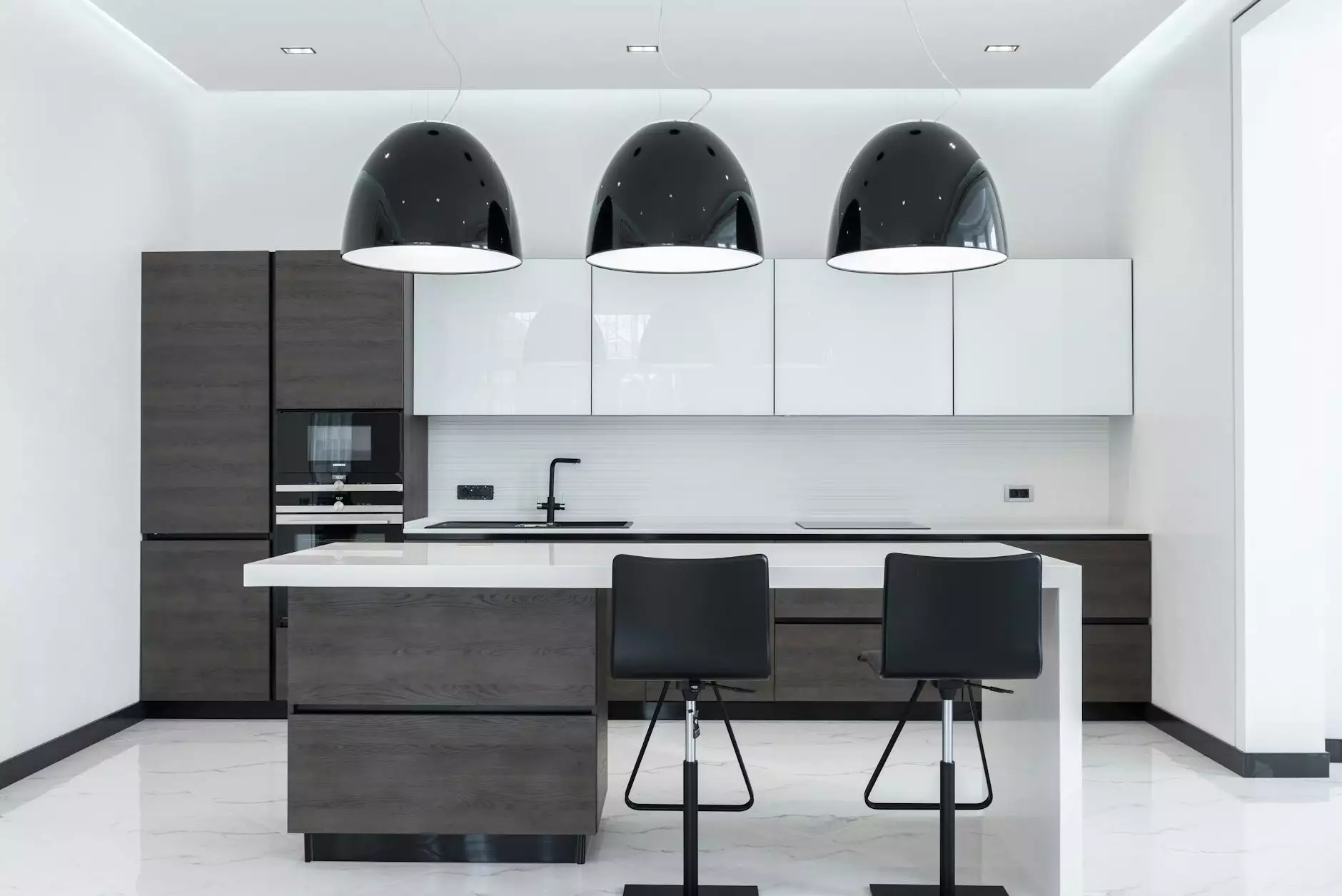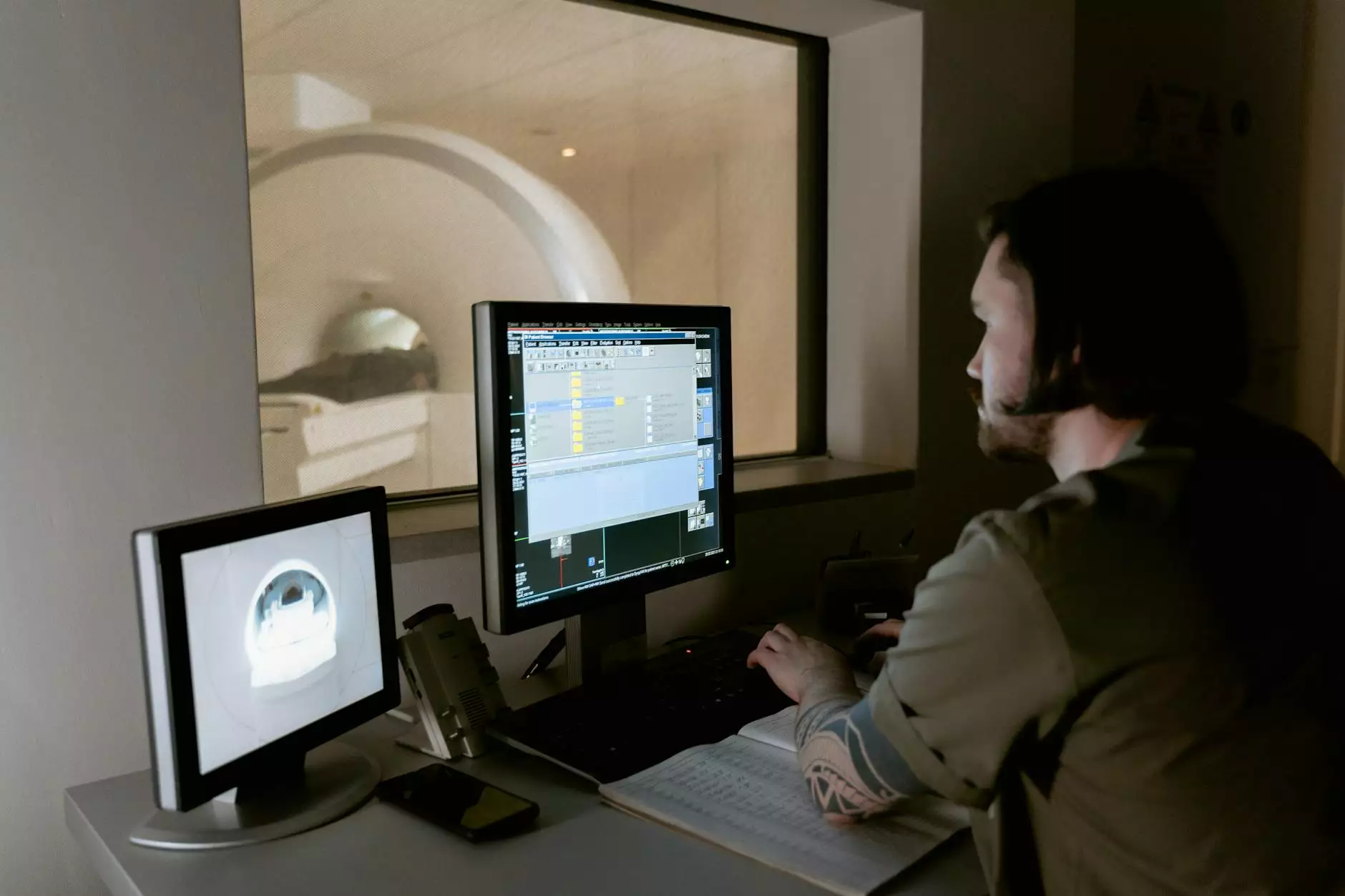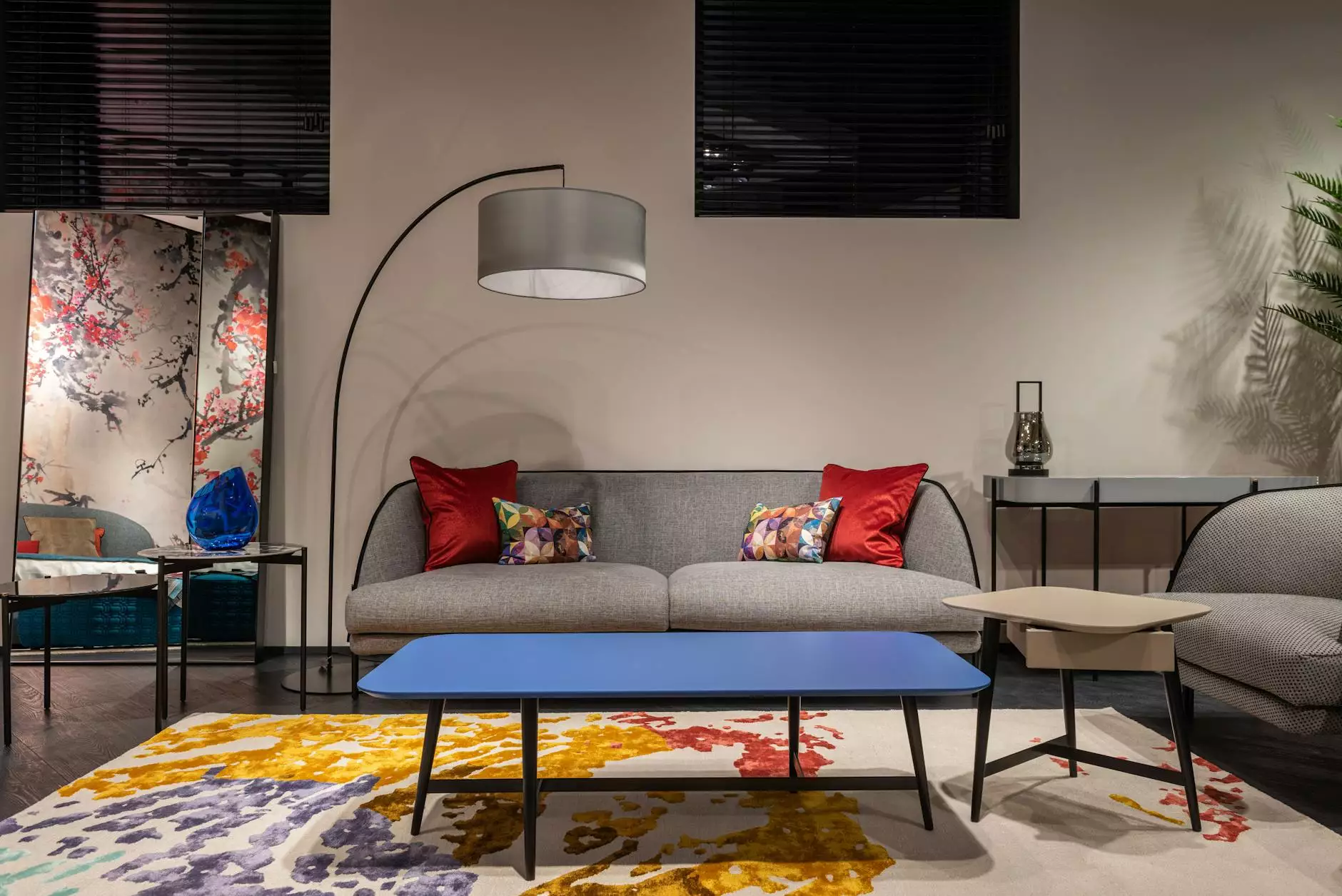Transforming Workspaces: The Rise of Interior Modular Offices in Delhi

In the bustling metropolis of Delhi, the workspace landscape is undergoing a significant transformation. As businesses strive to meet the demands of a dynamic market, the concept of the interior modular office has gained immense popularity. This innovative approach to office design not only enhances aesthetics but also prioritizes functionality and employee well-being. In this comprehensive article, we will delve into the intricacies of interior modular offices, exploring their benefits, design principles, and how they are setting a new benchmark for corporate environments.
Understanding the Concept of Interior Modular Offices
So, what exactly are interior modular offices? Unlike traditional office spaces, which often feature fixed layouts, modular offices are designed with flexibility in mind. They consist of prefabricated components that can be easily assembled, disassembled, and reconfigured to meet changing business needs. This adaptability makes them an ideal choice for start-ups, established corporations, and even freelancers looking to create a conducive work environment.
The Key Features of Interior Modular Offices
- Flexibility: Modular offices can be easily reconfigured as businesses grow or change direction.
- Cost-Effectiveness: By utilizing prefabricated materials, companies can save significantly on construction costs and timelines.
- Speed of Installation: Modular offices can be set up quickly, reducing downtime and allowing for immediate use.
- Eco-Friendly Options: Many modular designs utilize sustainable materials, aligning with corporate responsibility goals.
- Customizable Aesthetics: Businesses can personalize their spaces to reflect their brand identity through various design choices.
Why Invest in Interior Modular Offices?
The question remains: why should businesses in Delhi invest in interior modular offices? Here are some compelling reasons:
1. Enhanced Employee Productivity
Research indicates that work environments significantly impact employee productivity. A well-designed modular office can create an atmosphere that stimulates creativity and collaboration. For instance, incorporating collaborative spaces within modular designs allows for spontaneous meetings and brainstorming sessions, leading to innovative ideas and solutions.
2. Lower Operating Costs
Many businesses are exploring ways to reduce overhead costs. Modular offices provide a solution by minimizing construction and maintenance expenses. The prefabricated components can be efficiently transported and assembled, saving on labor costs significantly. Additionally, businesses can utilize the flexibility of modular designs to downsize or expand as necessary without the burden of long-term leases.
3. Efficient Space Utilization
In densely populated cities like Delhi, real estate can be exceedingly expensive. Maximizing space is crucial for businesses to thrive. Interior modular offices allow for optimal use of available areas. For instance, designs can integrate multifunctional furniture, enabling different activities within the same space without compromising on quality or comfort.
4. A Commitment to Sustainability
Today's companies are increasingly aware of their environmental impacts. Modular offices promote sustainability by utilizing eco-friendly materials and processes. This approach not only appeals to environmentally conscious clients and employees but also reduces waste associated with traditional construction methods.
The Design Principles Behind Interior Modular Offices
Creating an effective interior modular office involves understanding key design principles that foster a positive work environment. Here are crucial aspects to consider:
1. Open Spaces vs. Privacy
A successful modular layout balances open spaces and private areas. Open spaces can foster collaboration, while designated quiet zones are essential for focused work. By employing glass partitions and movable walls, businesses can design offices that provide both transparency and privacy.
2. Natural Light and Ventilation
Natural light plays a vital role in enhancing mood and productivity. Ensuring ample natural light enters the workspace can be achieved through thoughtful design. Modular offices can incorporate large windows and skylights, enabling a bright and airy atmosphere. Additionally, proper ventilation systems need to be integrated to ensure air quality and comfort.
3. Personalization of Spaces
Allowing employees to personalize their workspace enhances job satisfaction. Modular designs provide adaptable structures that can incorporate personal elements such as plants, artwork, and other decorations, reinforcing each employee's connection to the office.
4. Technology Integration
In the digital age, technology integration is paramount. Companies should consider incorporating smart technology within their modular designs. This can include smart lighting, heating systems, and integrated conferencing tools, ensuring that the office remains functional and current with modern advancements.
Challenges and Solutions of Implementing Interior Modular Offices
While the benefits of interior modular offices are clear, there are challenges to consider. However, with strategic planning, these obstacles can be overcome.
1. Initial Investment Costs
Although modular offices can save money in the long run, the initial investment may be a concern for some businesses. However, companies should view this as an investment in their future, as reduced operational costs and increased employee satisfaction contribute to an overall return on investment.
2. Adapting to Change
Transitioning from a traditional office to a modular design may require a cultural shift. To alleviate resistance, businesses need to involve employees in the planning process, seeking their input and addressing their concerns. Clear communication about the benefits of the new layout can help facilitate acceptance.
3. Zoning and Permits
Businesses may face challenges related to zoning laws and necessary permits when installing modular offices. Consulting with experts in local regulations can streamline this process and ensure compliance is maintained.
Real-World Examples of Successful Interior Modular Office Implementations
Across Delhi, several businesses have successfully implemented interior modular offices. Here are some standout examples:
1. Tech Start-ups
Many tech companies in Gurugram have embraced modular offices, utilizing open layouts that foster collaboration among teams. The flexibility of the design allows them to adapt as they grow rapidly, creating a conducive environment that attracts top talent.
2. Co-Working Spaces
Co-working facilities in Delhi are prime examples of modular design in action. These spaces often implement adjustable workstations, meeting rooms, and lounge areas, catering to diverse work styles while maintaining a professional atmosphere.
3. Corporate Headquarters
Established corporations are also recognizing the merits of modular offices. By redesigning their spaces with modular elements, they are enhancing employee well-being and promoting a culture of innovation and flexibility.
Conclusion: The Future of Workspaces in Delhi with Interior Modular Offices
As we move further into the 21st century, the traditional notions of office space are being challenged. The rise of interior modular offices represents a significant shift in how businesses in Delhi and worldwide conceive of their work environments. By prioritizing adaptability, cost-efficiency, and employee satisfaction, modular offices are setting a new standard for modern workplaces. As companies continue to invest in their infrastructures, the future of workspaces is bound to become even more dynamic and employee-centric.
In conclusion, embracing the modular office design not only positions a business for current success but also prepares it for future adaptations, ensuring resilience in an ever-evolving market. For those looking to enhance their office interiors, considering modular solutions might just be the key to unlocking potential and fostering an exceptional work culture.









